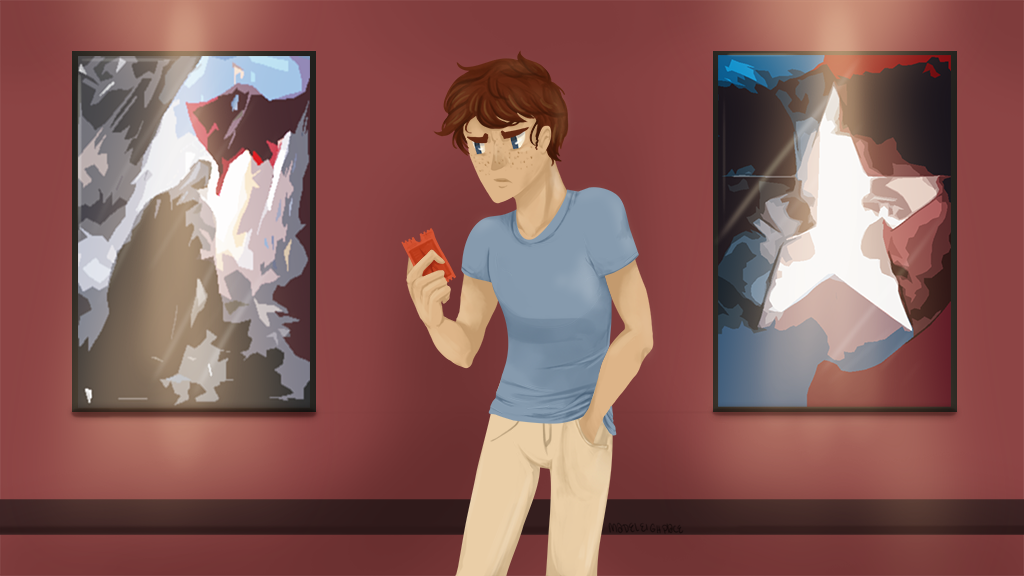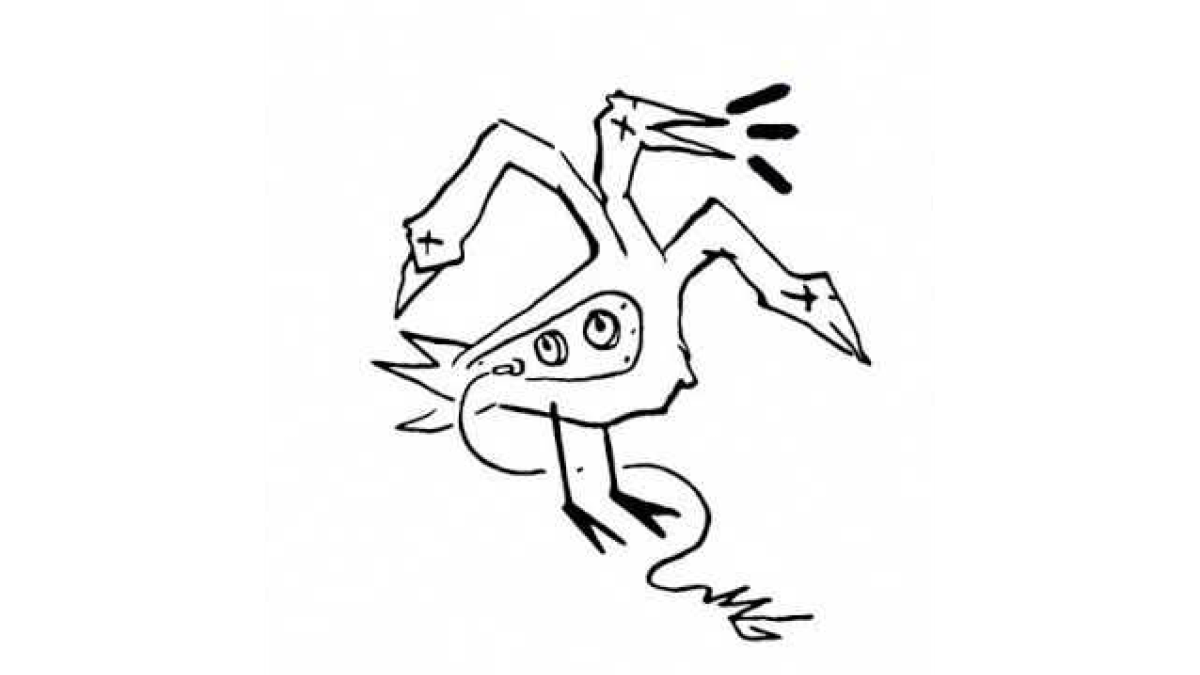An all too common complaint when it comes to the movies these days is the sheer amount of spoilers studios can manage to cram into a two-minute trailer. By showing what can feel like abbreviated versions of the very films they want you to see, many viewers may be left unfulfilled by an ever more predictable movie-going experience.
Last year, EW interviewed several of the minds behind such promotional material and noted how the “rigorous” focus testing done by studios actually shows that audiences almost always seem more interested in a film the more they give away. According to Matt Brubaker, president of theatrical at Trailer Park (an agency that cuts such trailers), people often want to feel assured they are making a “pretty good investment” before buying a ticket.
With media and information more accessible than ever before and instant entertainment or gratification often only a click away, that’s not all that surprising. As a result, marketers will understandably do everything in their power to fight for a viewer. They want to give potential moviegoers as many reasons as they can to spend $15 on a new film on its opening weekend, even if it means showing off its best moments in a trailer.
These trailers are cut in a way that makes fans want to share GIFs or frames of those beats all across social media and the Internet; some might recall the countless Spider-man GIFs from the recent “Civil War” trailer.
Despite these trailers bringing in more excited viewers, they still come at a cost. While such a reveal might generate more pre-release hype or even bring more people to the theater opening weekend, it undoubtedly spoils at least one of the surprises of the movie. There’s probably no “perfect” balance, as the very same fans who lament knowing what’s to come are often those who seek out and absorb any detail they might come across. It’s a constantly shifting paradigm, dependent on the fickle tastes of audiences, but upon a film’s release it can quickly become evident if the trailers ultimately spoil the experience of the movie itself.
The recently released “Batman vs Superman” fell under scrutiny last December when it seemed that the film’s third act was pretty much outlined ‘beat for beat’ by the final sixty seconds of its second trailer. While the sentiment was premature, that actually turned out to pretty much be the case.
Despite being hyped as the film’s titular conflict, the trailer chooses to show both Batman and Superman standing side by side, facing a larger threat: Doomsday. Doing so dissipates any tension built pre-release or even while watching the first two-thirds of the film. The characters’ rationale for fighting is pretty flimsy within the film itself, so showing that they eventually resolve their differences makes a large chunk of the film feel that much more inconsequential.
That very same sequence shows when in the film Wonder Woman appears as well. Even if one knew Wonder Woman would be in the movie from earlier in the trailer, he/she wouldn’t have known when until that sequence. What would have been a cool surprise turns into a predictable wait, as her role in the film – an ally who shows up for the final encounter against Doomsday – becomes pretty clear. Once Doomsday appears on screen (something also spoiled by the trailers) you know it’s only a matter of time before she shows up, making her arrival feel far less satisfying.
While not as revealing of the film’s plot, the last of the film’s major trailers (not including the tv spots) was also strangely revealing. There is no suggestion of its timing, but it opens with a tense fight scene that turns out to be fairly late in the film. It is actually what turns out to be one of the better, if not the best, visual spectacles in the film. In it, Batman moves like a wraith and takes down thugs in a fashion not dissimilar to a well-executed video game sequence or artfully crafted comic book panel. Yet, while it is a bit longer in the final film, the trailer shows what amounts to an only slightly abridged version of what’s in the movie. It’s not as off-putting as what the film’s second trailer did, but it equally shows a willingness to not save many cool surprises for moviegoers.
Just from watching its three main trailers, one could have a very clear notion on what “Batman vs Superman” is as a film. Even many of the “philosophical” questions asked by its first trailer never really get answered anyway. The best reveals, sequences, and even easter eggs are all present within the film’s promotional material; the few DC references that aren’t will likely only resonate with those familiar with the source material, if they don’t also feel it to be heavy handed and clumsy foreshadowing.
That said, one has to acknowledge that to a certain extent the film’s marketing strategy worked, garnering enough initial interest to have a record-breaking opening weekend of $170.1 million (via Variety). However, as its subsequent box office decline noted by Forbes has shown, even spoiler heavy promotion has its limits when your film has little else going for it.
While hardly indicative of a larger shift, there are films like “Star Wars: The Force Awakens” which handled their promotional campaigns with far more restraint. Being a “Star Wars” film does grant it a lot of leeway, as everyone was going to see it anyway, but it was still refreshing for so much to be saved for the experience of seeing in the theater. Between all three of its main trailers very little about the movie’s narrative was revealed or shown in context; nor were many of its best beats or sequences.
The trailer for the upcoming “Rogue One” gives hope that this entry will be taking a similar approach. From the teaser one can gather what the film’s premise is and who it will be starring, but there is still so much about the film that remains unknown; especially relative to other films’ first trailers.
Perhaps the most striking and appreciated difference was how it chose to handle its “presumed” foreshadowing. In lieu of blatantly showing the character, the teaser of “Rogue One” chooses to end with an ominous musical cue – slightly reminiscent of the Imperial March – and a very faint noise that one might or might not think is Darth Vader’s respirator. It would be incredibly easy to drum up excitement by just showing him, but the approach they’ve chosen leaves one wondering instead. It’s a commitment to subtlety that’s now more welcome than ever.






